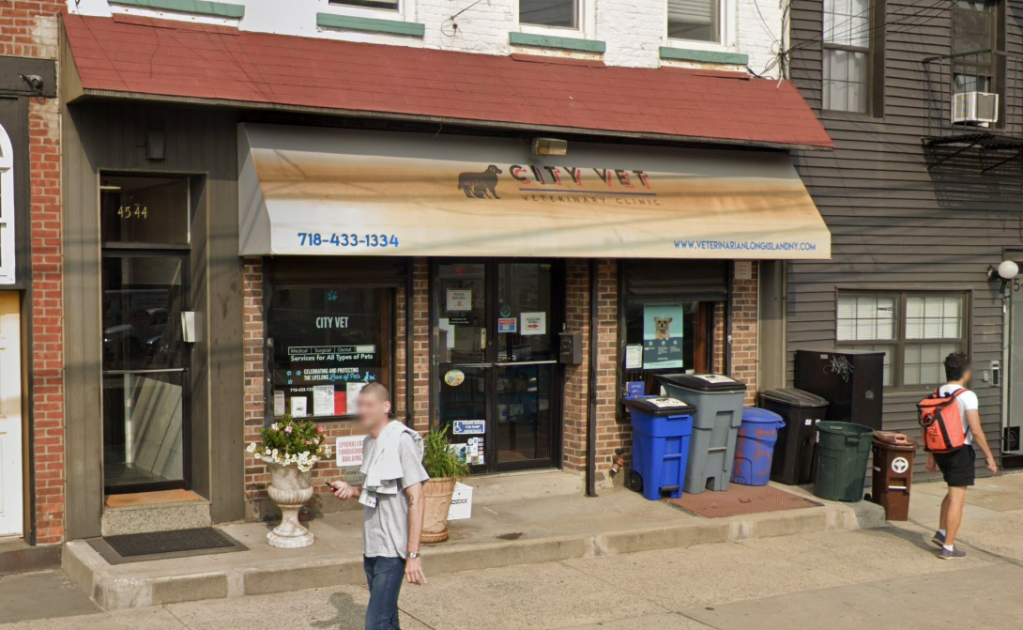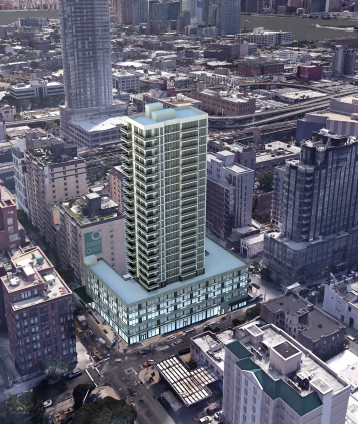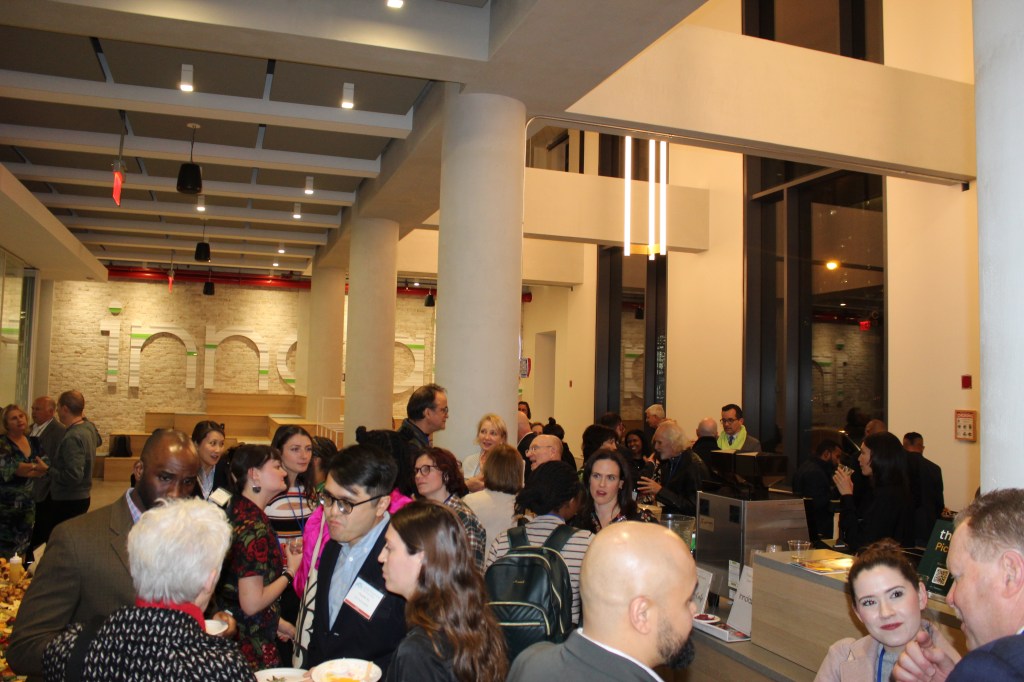By The Greater Astoria Historical Society
The spy genre in movies, books and television has been popular in America for decades. This year’s 50th anniversary of the James Bond film series and the popularity of the TV show “Homeland” are examples of this. The real stories of men and women in the service of the U.S. Central Intelligence Agency are often as fascinating and outlandish as their fictional counterparts.
William Casey had deep roots in Queens. Grandfather George Casey was chief of the Long Island City Fire Department, a service that had the distinction of being the only professional fire department in pre-consolidation Queens. Under his leadership, it was accepted as an equal service by the New York Fire Department when Queens became part of New York City in 1898.
Grandson William led a more distinguished life. He may not have been an active agent in the field carrying out dangerous missions, but as director of the Office of Strategic Services during World War II and later Director of the CIA under President Ronald Reagan, Casey was privy to the planning and execution of American espionage efforts at the highest levels for a generation.
He was born in Elmhurst in 1913, graduated from Fordham University in 1934 and received his law degree from St. John’s University in 1937. After his experiences in the U.S. Army and the O.S.S. during the war, Casey entered the private sector as a successful attorney and businessman. His attentions quickly turned to politics.
Although his campaign for Congress in 1966 was not successful, it was an entry into Republican politics. Casey was soon working for President Richard Nixon as an undersecretary of state and then as chairman of the U.S. Securities and Exchange Commission. He was known as an active and tenacious advocate for investors.
In the 1980 election, Reagan tapped Casey to be his campaign manager. After the election, Reagan appointed Casey to head the CIA. Reagan pursued an active agenda with the CIA, most famously in Central America.
In 1987, news of the Iran-Contra affair broke. The CIA was accused of selling arms to Iran so hostages held in the Middle East would be released. The proceeds from those sales were diverted to the Contra rebels in Nicaragua, contradicting U.S. law at the time that prohibited their support. A huge scandal erupted.
Casey was summoned to testify before Congress about his role, but hours before he was scheduled to appear, he suffered a seizure and was hospitalized. A brain tumor was found. Although surgery was performed, Casey ultimately died May 6, 1987.
Casey leaves a complicated and controversial legacy as a high level public servant under several presidential administrations.
Notable quote: “We’ll know our disinformation program is complete when everything the American public believes is false.”
For more information, call 718-278-0700 or visit astorialic.org.



































